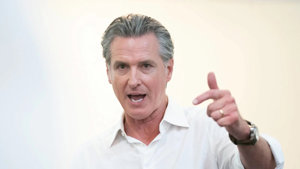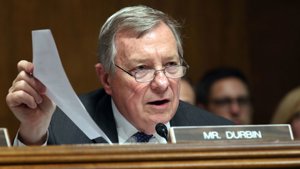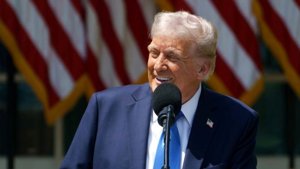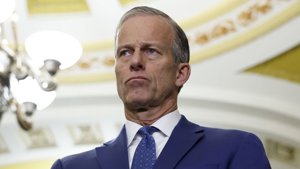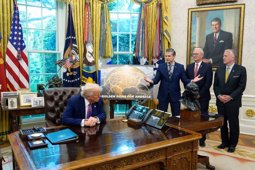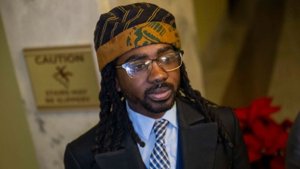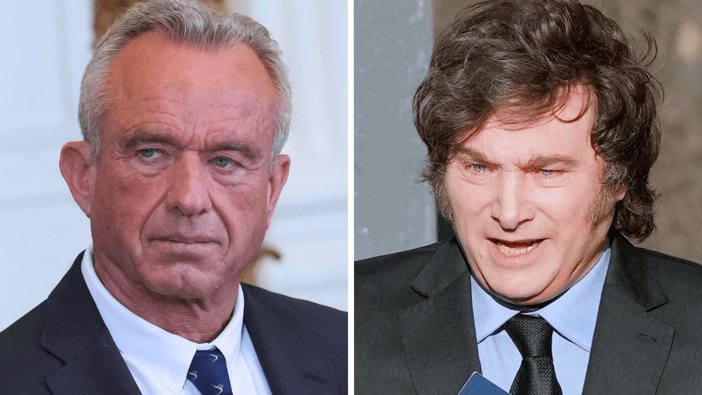
Kennedy, Milei Confirm WHO Withdrawal
Kennedy and Milei confirm mutual withdrawal from WHO, pledging new health alliance free from political control.
Leaders Unite in Buenos Aires to Reject WHO
U.S. Health and Human Services Secretary Robert F. Kennedy Jr. met with Argentine President Javier Milei on Tuesday at the Casa Rosada to formalize their nations’ plans to withdraw from the World Health Organization (WHO). The leaders emphasized their shared commitment to developing an alternative global health framework focused on national sovereignty and scientific integrity.
Argentina officially confirmed its WHO exit during the visit, aligning with President Trump’s renewed initiative to remove the U.S. from the organization under the "Make America Healthy Again" (MAHA) campaign. Both governments criticized the WHO for what they characterized as failures during the COVID-19 pandemic and for being influenced by political and bureaucratic interests.
In a statement, Milei’s administration described the WHO’s COVID-19 measures as a “caveman quarantine” and claimed the group’s recommendations lacked scientific merit. The government accused the organization of prioritizing politics over evidence-based policy.
Kennedy voiced support for Argentina’s decision and urged other nations to follow suit. In a social media post following the meeting, he wrote, “I had a wonderful meeting with President Milei about the mutual withdrawal of our nations from the WHO and the creation of an alternative international health system... free from totalitarian impulses, corruption, and political control.”
A Vision for Health Sovereignty
The meeting also underscored broader philosophical alignment between the two administrations. Milei, a libertarian economist, campaigned on aggressive spending cuts and reducing government overreach. Since taking office, he has cut public salaries, halted state projects, and ended energy subsidies—achieving Argentina’s first budget surplus in nearly 15 years and taming inflation.
Kennedy, appointed by President Trump, has led a parallel effort in the health sector, advocating for the rollback of federal authority and the promotion of transparency. His MAHA agenda mirrors Milei’s domestic reforms in its anti-establishment tone and emphasis on individual freedoms.
Tuesday’s summit represents a deepening of diplomatic and ideological ties between Argentina and the United States. Milei has welcomed multiple American officials in recent months, positioning himself as a strong ally of the Trump administration. By joining the U.S. in its rejection of the WHO, Milei becomes the first foreign leader to fully endorse Trump’s health sovereignty strategy.
Both leaders believe their alliance can lead to a more independent and accountable global health system. They argue that current international bodies are ineffective and susceptible to political bias, and that reforms must begin outside the existing structure.
Despite international concerns, including warnings from Argentine opposition leaders about reduced vaccine access and funding risks, the administration remains firm in its stance. Argentina’s health minister lauded the shared "vision" between the two governments and reaffirmed their commitment to transparency and reform.
The long-term implications of the joint WHO withdrawal are still unfolding, but the Buenos Aires meeting signals a significant shift in global health diplomacy—and a challenge to existing multilateral frameworks.

